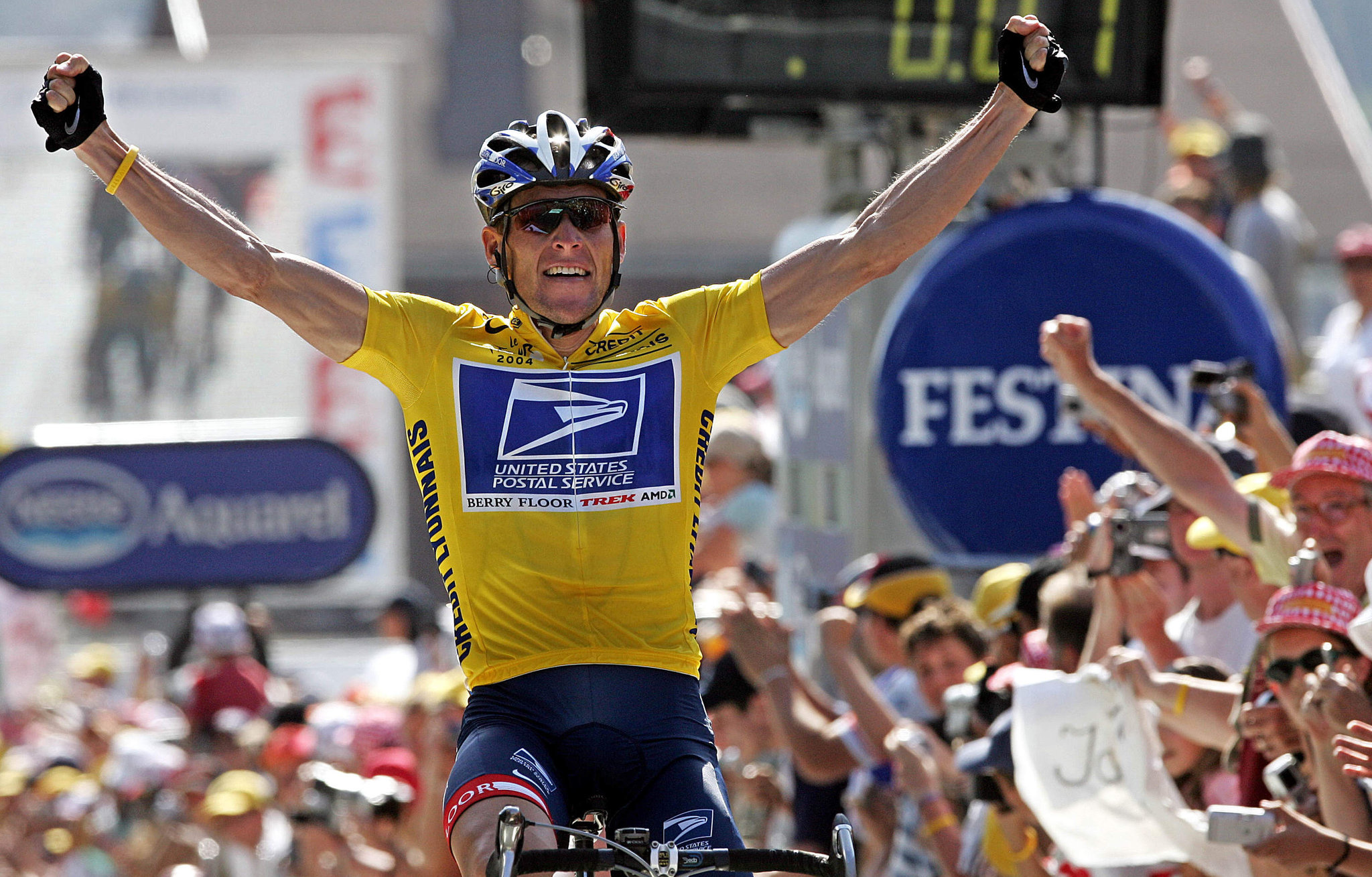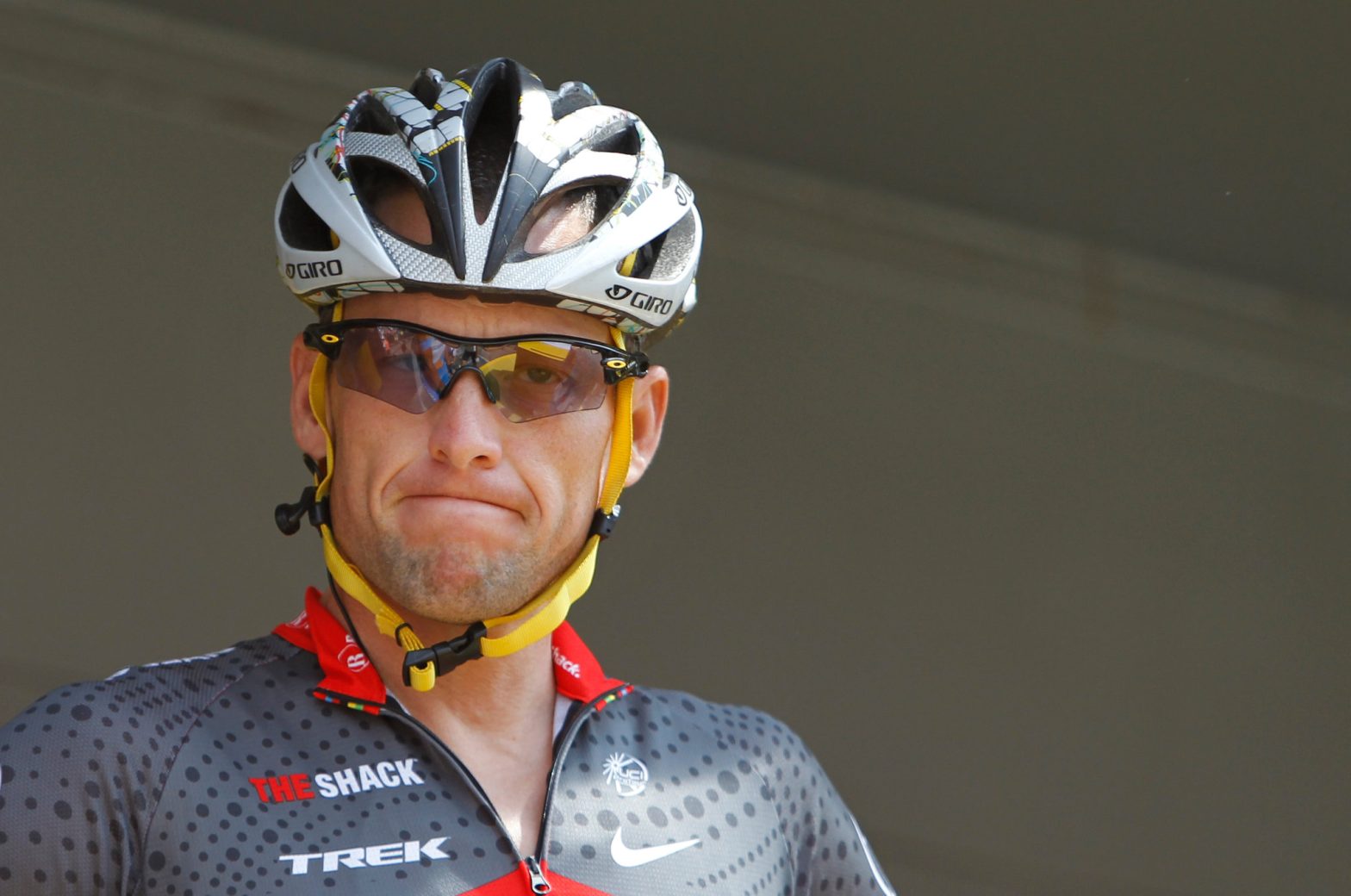Lance Armstrong, the former cycling champion, publicly admitted to using performance-enhancing drugs in an interview with Oprah Winfrey. He acknowledged using EPO, testosterone, cortisone, and human growth hormone, and participating in blood doping and illegal blood transfusions. His confession followed the U.S. Anti-Doping Agency’s (USADA) release of extensive evidence in October that implicated him and his teammates in systematic doping practices. As a result, Armstrong was stripped of his seven Tour de France titles, and the International Olympic Committee demanded the return of his 2000 bronze medal.
The doping allegations against Armstrong are indicative of a broader issue in professional cycling. According to the USADA report, 80% of Tour de France medalists from 1996 to 2010 were implicated in doping scandals. Notable examples include Floyd Landis, who was stripped of his 2006 Tour de France title for failing a drug test. These revelations underscore the widespread use of banned substances in the sport, raising questions about the integrity of its competition during this era.

Performance-enhancing drugs like EPO and blood transfusions have been central to doping schemes in cycling. EPO boosts red blood cell production, enhancing oxygen delivery and endurance, while blood transfusions achieve similar effects by reinfusing stored blood. Despite being banned, both methods remain difficult to detect and pose significant health risks, including cardiovascular complications due to thicker blood caused by elevated hemoglobin levels.
Other substances, such as corticosteroids and testosterone, were also part of Armstrong’s doping regimen. Corticosteroids are used to reduce inflammation but can lead to severe side effects such as weight gain and high blood pressure when misused. Testosterone, commonly abused by athletes to increase strength and stamina, carries risks like mood swings, liver dysfunction, and suppressed natural hormone production. These drugs further illustrate the physical toll doping can take on athletes.
Armstrong’s confession has sparked calls for reform in cycling and greater efforts to combat doping. USADA CEO Travis Tygart expressed hope that this scandal would lead to a cleaner future for the sport, emphasizing the need to protect athletes from the “doping or don’t compete” dilemma. The scandal underscores the importance of maintaining integrity in competition to safeguard the health and dreams of current and future athletes.
